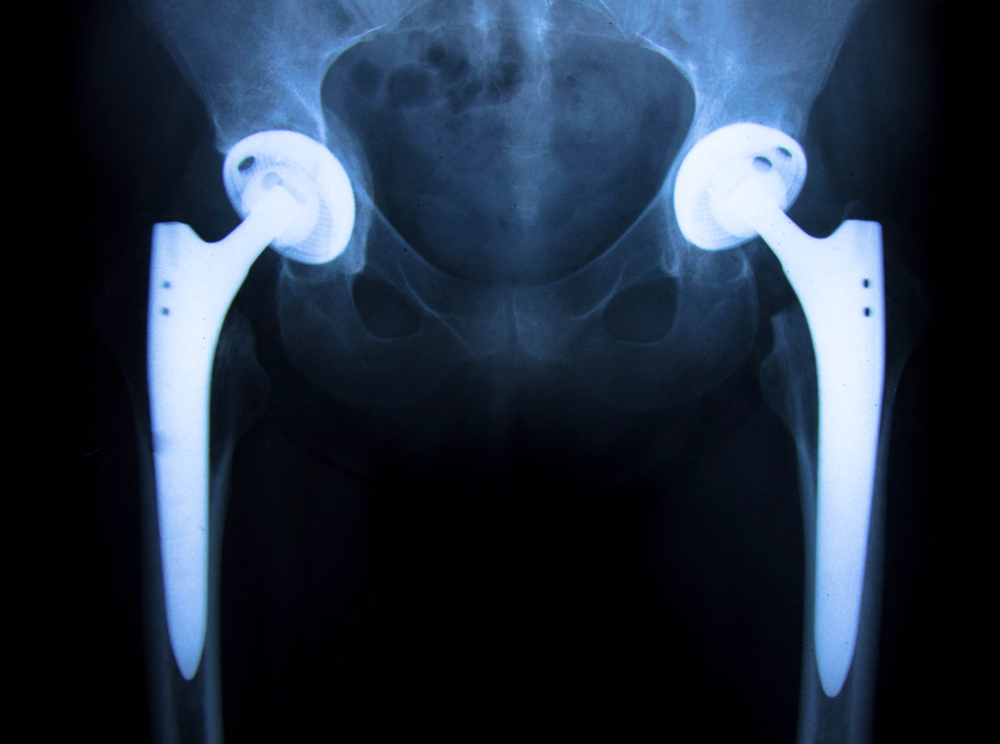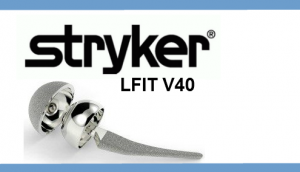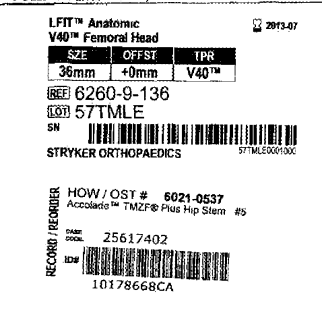On January 3, 2013, Stryker announced two important developments concerning their voluntary recall of the Rejuvenate and ABG II modular-neck femoral hip systems back in June 2012.
Stryker says that surgeons should consider performing a clinical examination on all patients who had the Rejuvenate or ABG II modular-neck hip stem implanted. This should occur whether or not the patient has experienced swelling or pain. In the letter Stryker sent to surgeons, the company says that surgeons should have follow-up examinations on these patients as well, including blood work and cross section imaging.
Stryker has also announced that the company is reimbursing patients for testing, revision surgery, treatment, and any other costs relating to the voluntary recall of the ABG II modular-neck hip stems and the Rejuvenate. Stryker is partnering with Broadspire Services, Inc. to help manage requests for reimbursement of costs relating to the recall. Broaspire Serves, Inc. is a third party claims administrator.
The potential hazards associated with the ABG II modular-neck hip stems and the Rejuvenate systems include the excessive metal debris and/or ion generation; corrosion and/or fretting about the modular neck junction which may lead to an increased metal ion generation in the surrounding joint space.
Patients may experience hypersensitivity and or an allergic reaction which can result in the need for revision surgery. An Adverse Local Tissue Reaction (ALTR) can occur when there is contact between metal ion and tissues and structures during an implant’s service life. ALTR is the inflammation of associated tissues experiencing metallosis, pain, and/or necrosis. Fretting may lead to increased metal debris in the joint space. This can then lead to osteolysis and then can result in the necessity for revision surgery.
Our firm continues to review these cases. If you have questions or would like help, feel free to contact our experienced attorneys.
Other Stryker Hip Implants News
Failed Stryker hip implants have caused metal poisoning, tissue damage, and painful revision surgeries. Learn the top 10 things every patient needs to know—and how to protect your legal rights.
Hundreds of Stryker LFIT V40 hip implant cases have now been consolidated in federal court, with bellwether trials on the horizon. Here’s the latest update on the litigation.
A federal judge has allowed key claims to proceed in a Stryker Gamma3 hip implant lawsuit, including those related to manufacturing defects and breach of warranty.
The New Jersey Supreme Court has approved the consolidation of state court lawsuits involving Stryker’s LFIT Anatomic Cobalt Chromium V40 femoral heads into multicounty litigation.
Recent lawsuit filings over Stryker’s Accolade V40 combination hip implants suggest widespread failure risks—yet most patients don’t even know they may be affected.
Although some Stryker LFIT V40 femoral heads were recalled in 2016, emerging cases reveal corrosion and failure risks in other models—especially when paired with the Accolade TMZF stem.






